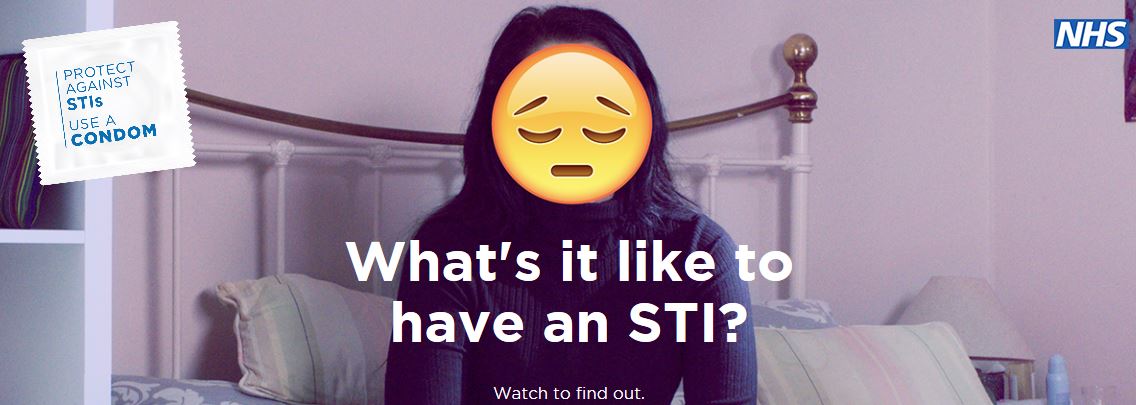Sexually transmitted infections – commonly known as STIs – are not the best thing about sex. They are infections that can be caught, or passed on, when you have sex or when you have close sexual contact with another person.
But even if you’re not having sex right now, you still need to know about them so that you will know how to protect yourself against them if and when you do decide to have sex. STIs are a lot more common than you might think.
You can find out more about STIs through the STIs and testing button on our home page.
Avoiding STIs
If you’re having sex, the best way to avoid STIs is to use a condom every time.
STIs are usually passed on by sex with an infected person, although some infections can be passed on in other ways as well. STIs can be caught during oral (licking, kissing or sucking someone’s genitals), vaginal or anal sex and some can also be passed through sexual touching and skin-to-skin contact
Even if you’re using other kinds of contraception to prevent pregnancy, like the pill, you should still use a condom as well.

Using a condom every time you have sex is the only way to protect yourself from STIs as well as pregnancy. A condom acts as a barrier and stops body fluids from mixing during vaginal, oral or anal sex. Always make sure the condom has a BSI kitemark or CE mark on the wrapper. That means they’ve been machine-tested to a really high standard.
Dental dams are small squares of latex which work well as a barrier during sex involving contact between the mouth and the vagina or mouth and the anus.
If you have any questions about using condoms or dental dams or want to get free condoms in Bristol, visit a Unity Sexual Health clinic. Your visit will be confidential. That means we won’t tell anyone about it.
Signs and Symptoms of STIs
Many STIs have similar symptoms. Some don’t have any at all. So don’t even think about diagnosing or treating yourself without talking to someone who is trained.
Keep an eye open for tell-tale signs and be ready to ask for advice and help if you need to. If you’re at all worried, it might even be a good idea to have a check-up anyway just to be sure you’re in the clear.
You can find out more about individual STIs in the STIs and HIV section of our main website.
Some common symptoms are listed below.
- male symptoms
- Discharge from the penis
- Sore, tender or inflamed penis head
- Testicle ache or pain
- Stinging sensation when you urinate
- Itching, blisters or sores in the genital region. Also the mouth.
- Anal discharge or itching
- Feverish, flu-like symptoms with any of the above
- female symptoms
- Unusual vaginal discharge – a change in texture or colour
- Bleeding in between periods
- Sore, tender or inflamed vulva
- Stinging sensation when you urinate
- Itching, blisters or sores in the genital region. Also the mouth.
- Pain during sex
- Anal discharge or itching
- Feverish, flu-like symptoms with any of the above

Remember – some STIs don’t have any symptoms at all. But if anything in this list does ring alarm bells, or someone you’ve slept with tells you they have an STI, or if you’re worried you might have taken a risk, get yourself checked out immediately

